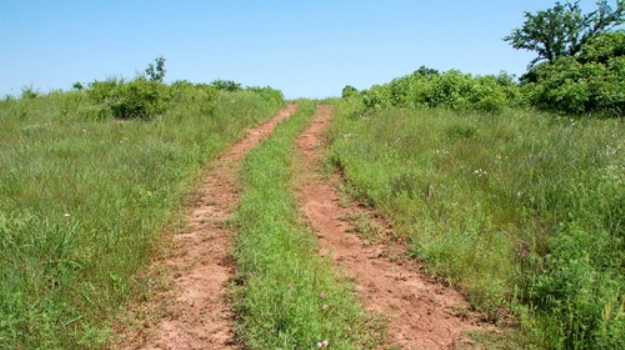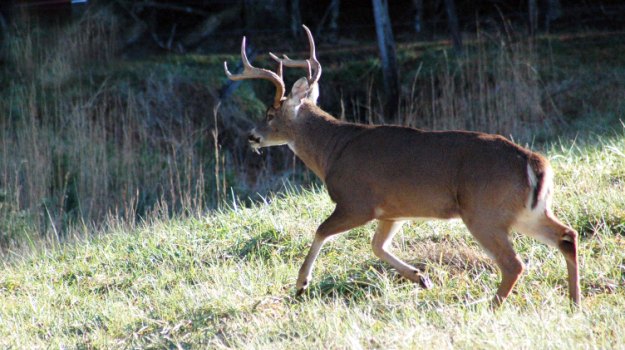Provided by: Mossy Oak Properties

When you are buying land, knowing what can be legally used by your neighbors via an easement should weigh heavily on your decision. Likewise, if you are buying property, knowing what ways you can use a neighbor's property via an easement is also essential.
Easements give a person the right to use someone else's land for a particular reason. There are a variety of reasons land would have an easement, from ensuring utilities get to your property to simply allowing you to pass through a neighbor's property to reach yours. As easements are somewhat common on properties, it's important to be aware of them when making a purchase.
Right of way
One common property easement allows people the right to pass through a property to reach another property. For example, if a property is "landlocked," the owners may have a legal right to an easement connecting their property to a public road. They could have negotiated this with the previous owner, and it may be deeded, meaning the current easement must be honored by the current landowner unless legal action is pursued.
Utilities
Another common easement is one that gives a utility company - such as a power or pipeline company - access to your land. These easements benefit the general public. While this type of easement is necessary, it can be a nightmare when a utility company unexpectedly makes a mess of your land. That's why knowing about the easements utility companies may have on your property will make sure you are not surprised.
Important terminology
Those buying land for their first time might not be well-schooled when it comes to easements, so knowing some of the common terminology can be helpful. There are two primary categories of easements: appurtenant and gross.
- Appurtenant easements are usually for the benefit of adjoining lands. Allowing an owner to pass over a property to reach his land is an example of an appurtenant easement.
- An easement in gross, on the other hand, is specific to a certain individual versus a property and is typically what utilities are classified under. If the previous owner had an easement with a neighbor stipulating that they could use a certain road to pass over their neighbors' land, once they sell the property to you, that may not automatically mean you too can use that road. In the case of utility companies, the rights to their easement may be able to transfer from owner to owner.
Mossy Oak Properties was launched in 2003 to assist landowners, sportsmen, and investors in their pursuit of the perfect piece of property. Since its initial multi-state launch, the Mossy Oak Properties network has grown to over 70 offices in twenty-two states throughout the country. Offices are currently located in Alabama, Alaska, Arkansas, Colorado, Georgia, Illinois, Indiana, Iowa, Louisiana, Kansas, Kentucky, Mississippi, Missouri, Montana, North Carolina, Ohio, Oklahoma, South Carolina, Tennessee, Texas, Wisconsin, and Wyoming. For more information about franchise opportunities or to find a qualified Mossy Oak Properties agent near you, call 1-866-667-2289 or go online and visit www.mossyoakproperties.com.



























